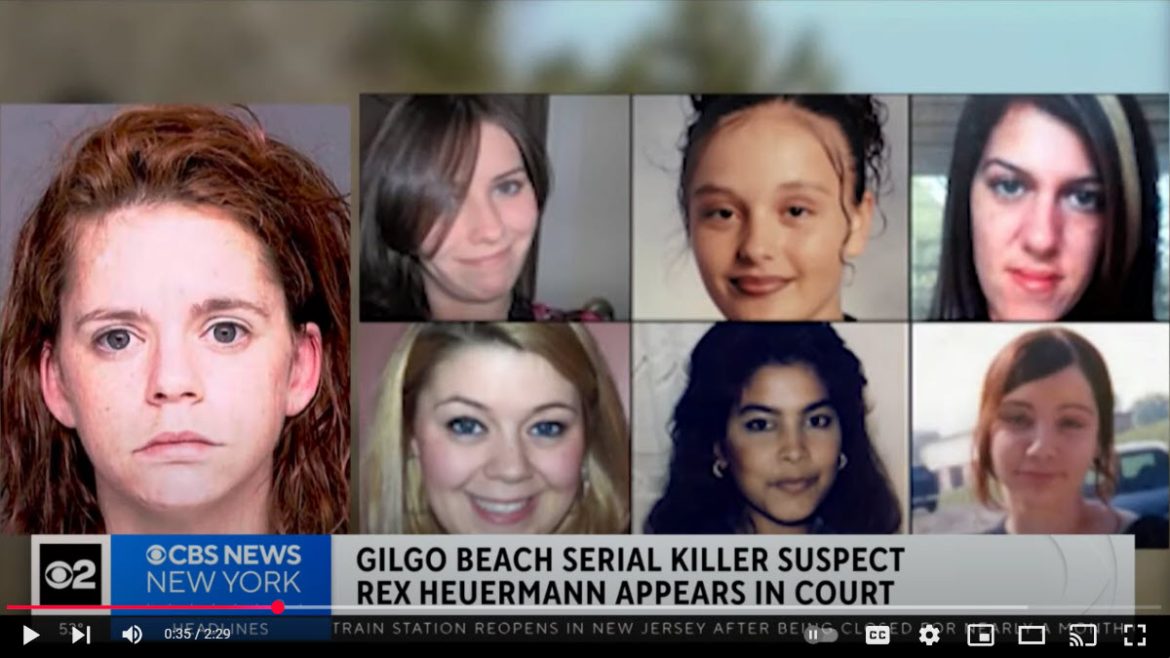In a recent pre-trial hearing, Rex Heuermann, the alleged Gilgo Beach serial killer, appeared in Suffolk County Court to contest the admissibility of DNA evidence and to request separate trials for the seven murder charges he faces. The proceedings, presided over by Judge Timothy Mazzei, have significant implications for the case’s trajectory.
Defense Challenges DNA Evidence
Heuermann’s legal team is challenging the use of nuclear DNA evidence obtained through whole genome sequencing, a method not previously subjected to admissibility hearings in New York courts. Defense attorney Michael Brown argues that this technique lacks general acceptance in the scientific community, a prerequisite under state law for its inclusion in court proceedings. The DNA in question was derived from hair samples found on six victims: Maureen Brainard-Barnes, Megan Waterman, Amber Costello, Sandra Costilla, Jessica Taylor, and Valerie Mack. Prosecutors maintain that this advanced DNA analysis is a reliable and established scientific method, citing its use in various forensic and medical contexts. District Attorney Ray Tierney emphasized the technique’s credibility, stating, “This science has been around for many, many years.” A hearing to determine the admissibility of this DNA evidence is scheduled for March 12.
Request for Separate Trials
The defense has also filed a motion to sever the charges, seeking five separate trials. They contend that combining all seven murder charges into a single trial could prejudice the jury due to the cumulative nature of the evidence. Brown expressed concern that the multitude of charges might lead jurors to a biased conclusion, stating, “When you have count after count, charge after charge, it leads a jury… to say, you know what, there’s so much there.” Prosecutors oppose this motion, arguing that the similarities among the cases—such as the victims’ profiles and the circumstances of their disappearances—warrant a unified trial. Assistant District Attorney Andrew Lee noted that each victim shared common characteristics, including gender, age range, physical attributes, and socioeconomic status.
Background of the Case
Rex Heuermann, a 61-year-old architect from Massapequa Park, was arrested in July 2023. He has been charged with the murders of seven women whose remains were discovered in the Gilgo Beach area between 1993 and 2011. The case, which remained unsolved for over a decade, saw renewed attention with advancements in DNA technology and investigative techniques. Heuermann has pleaded not guilty to all charges.
Next Steps
The upcoming court date on March 12 will address both the admissibility of the contested DNA evidence and the defense’s motion for separate trials. These decisions will play a crucial role in shaping the proceedings of this high-profile case.



